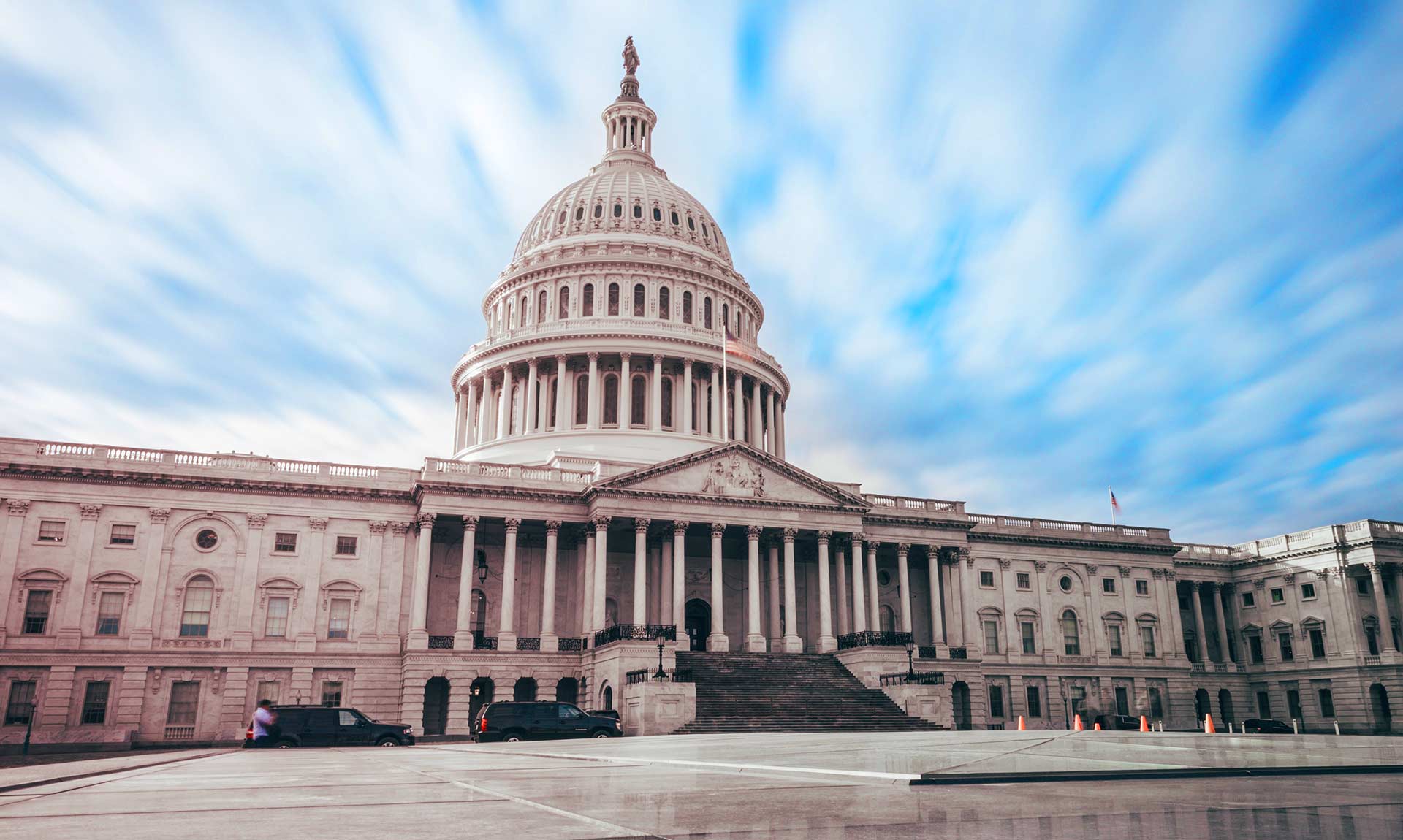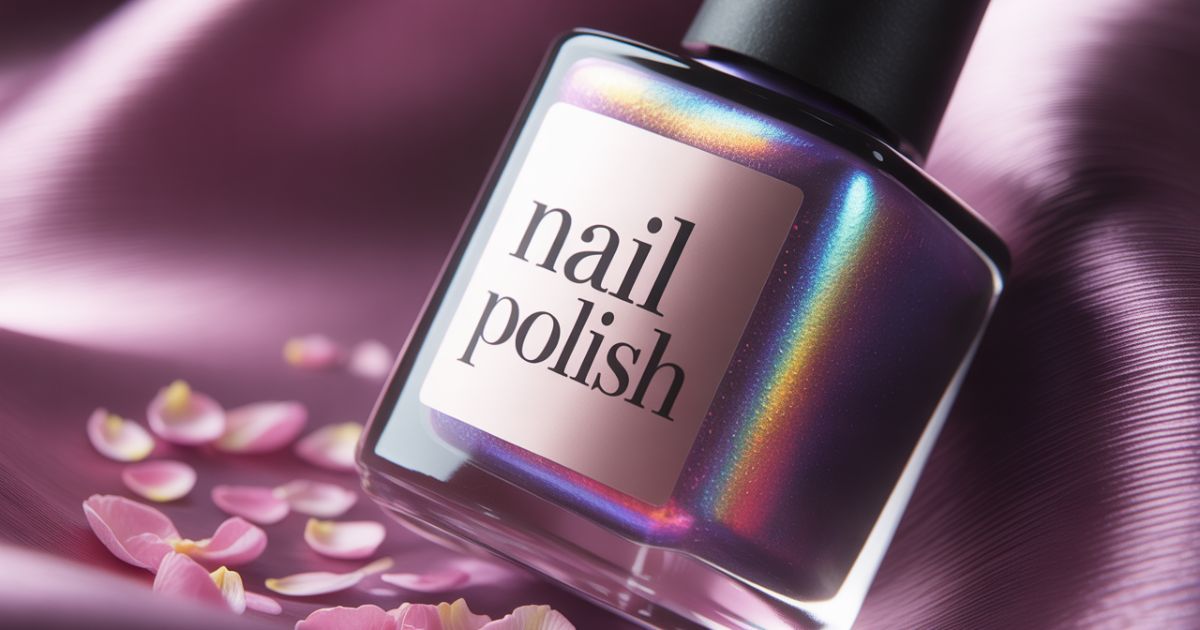Is Madewell Ethical or Just Another Fast Fashion Brand? (2025 Update)
In 2025, more shoppers are asking an important question: Is Madewell ethical or just another fast fashion brand? While the brand promotes a polished, mindful image, the reality may be more complex. Consumers focused on conscious consumerism and sustainable fashion want real proof, not just trendy words.
Madewell has made some moves toward better practices, but does it do enough to support ethical labor practices and reduce its environmental harm? With increasing demand for fashion industry transparency, brands like Madewell face growing pressure to clean up their act. In this article, we’ll explore what’s fact, what’s fluff, and how Madewell stacks up in today’s ethical fashion landscape.
What Defines an Ethical Fashion Brand?
A fashion brand is not ethical just because it says so. A truly ethical brand follows fair trade clothing values. It protects workers, uses eco-friendly materials, and limits waste. In 2025, brands need fashion certifications (Fair Trade, B Corp, GOTS) to back their claims. It’s also important they show fashion industry transparency in supply chains.
Real ethical brands cut down on pollution, use upcycled fashion, and support local or slow manufacturing. They care about carbon footprint reduction and aim for carbon-neutral goals. Without these actions, a brand is just using words, not walking the talk.
Is Madewell Fast Fashion?

Is Madewell ethical or just another fast fashion brand? The brand doesn’t look fast fashion at first glance. But when you look closely, Madewell releases new items quickly and often. It follows trends and pushes volume. That’s the heart of fast fashion.
While it has a stylish image, Madewell uses mass production and overseas manufacturing. Most products are made without full fashion industry transparency. That makes it harder to call them a slow, mindful company. Fast cycles and low visibility often mean greenwashing fashion is in play.
Environmental Impact of Madewell
Madewell highlights some eco efforts. They run a buyback program for jeans and talk about recycling. They also use sustainable denim from the Saitex denim factory, which saves water and energy. But how deep do these efforts go?
Sadly, only a small part of their items are made with eco-friendly materials. There is still heavy use of virgin cotton, polyester, and plastic packaging. Their goals for carbon footprint reduction and textile waste reduction are unclear. Without targets, progress is hard to track.
Madewell’s Labor Practices and Worker Rights

Madewell says it follows the Madewell Supplier Code of Conduct. This means factories must follow basic rules for safety and wages. But the company does not show where these factories are or how workers are treated.
That raises concerns. Ethical brands share more about their suppliers and work with Fair Trade factories. They believe in ethical labor practices and open audits. Madewell still has a long way to go when it comes to worker empowerment and fair pay.
Animal Welfare Policies at Madewell
Madewell uses leather, wool, and other animal-based items. But the brand does not say much about where those materials come from. There is no strong animal welfare policy or cruelty-free promise on their site.
In 2025, more ethical fashion brands are offering vegan or animal-free clothing. Madewell doesn’t yet stand out as one of them. For people who want true ethical shopping platforms, this may be a dealbreaker.
Ethical Controversies Surrounding Madewell

Madewell has faced backlash for greenwashing fashion claims. Some consumers feel the brand says the right things without proof. Critics also say their efforts are too small compared to how much they produce.
In the past, people have questioned how much Madewell gives back or supports real causes. Ethical shoppers expect action, not just marketing. In 2025, people want clear signs of change, not buzzwords.
Madewell’s Sustainability Ratings & Certifications

On DoneGood marketplace and Good On You, Madewell does not score well. They are often rated as “not good enough” due to weak ethical supply chain data. They lack strong fashion certifications (Fair Trade, B Corp, GOTS) across most products.
They have not earned B Corp certified status or used Oekotex® and bluesign® dyes widely. These are basic signs that a brand is serious about sustainable manufacturing. Without them, shoppers are left guessing.
Ethical Alternatives to Madewell (2025 List)

There are better options for the eco-aware U.S. shopper. ÉTICA denim offers stylish jeans made with low water use and organic cotton. Toad & Co basics are comfy, ethical, and made from upcycled or recycled fabrics.
Nisolo shoes offer great styles while being transparent about wages. If you want minimalist clothing, check out Reistor minimal clothing. And if you want it all in one place, try DoneGood marketplace or other ethical shopping platforms.
Are There Better Swaps? Top Madewell Replacements
Here’s a table comparing Madewell to better options in 2025:
| Brand | Focus Area | Madewell Alternative? |
| ÉTICA denim | Sustainable denim | Yes – eco and stylish |
| Toad & Co basics | Upcycled fashion | Yes – basics with ethics |
| Nisolo shoes | Worker empowerment | Yes – ethical and fair |
| Reistor minimal clothing | Slow fashion movement | Yes – chic and mindful |
| DoneGood marketplace | Ethical clothing marketplace | Yes – wide ethical range |
These brands walk the talk. They have better labor policies, stronger materials, and real commitments.
Final Verdict: Is Madewell Greenwashing or Improving?
So, is Madewell ethical or just another fast fashion brand? The truth is, Madewell has made some small changes. Their buyback program, Saitex denim factory ties, and limited use of eco-friendly materials show some promise. But it’s not enough.
They lack strong fashion industry transparency, don’t meet top fashion certifications, and still work like a fast fashion brand. That makes it more greenwashing fashion than real change. In 2025, shoppers expect more. If you want ethical clothes that do good, there are better options.
Madewell has potential, but it’s not there yet. The power is in your hands. Choose brands that respect people, animals, and the planet. That’s how we all move toward a more honest, sustainable fashion world.
FAQs
Is Madewell a fast fashion?
Yes, Madewell follows fast fashion practices with frequent product drops and trend-focused styles, despite some sustainability claims.
What is the Madewell controversy?
Madewell has been criticized for greenwashing fashion and lacking full transparency in labor conditions and environmental efforts.
Is Madewell sustainably made?
Only a small portion of Madewell’s products use eco-friendly materials or meet sustainable manufacturing standards.
Is Madewell a quality brand?
Madewell is known for decent quality, especially in sustainable denim, but it doesn’t consistently meet ethical or premium standards.
Is Madewell a premium brand?
No, Madewell sits in the mid-tier market; it’s stylish and affordable but not considered truly premium or luxury.
Meta Description
Is Madewell ethical or just greenwashing? Discover the truth about its labor, sustainability, and fast fashion practices in 2025.
latest video
news via inbox
Nulla turp dis cursus. Integer liberos euismod pretium faucibua








